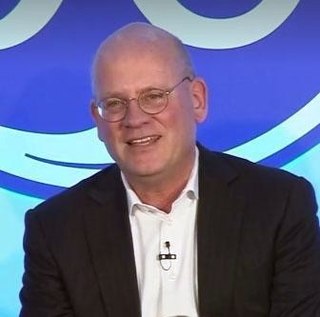A Quote by John L. Flannery
Related Quotes
Percentage margins are not one of the things we are seeking to optimize. It’s the absolute dollar free cash flow per share that you want to maximize, and if you can do that by lowering margins, we would do that. So if you could take the free cash flow, that’s something that investors can spend. Investors can’t spend percentage margins.
Investors frequently benefit from making decisions with less than perfect knowledge and are well rewarded for bearing the risk of uncertainty. The time other investors spend delving into the last unanswered detail may cost them the chance to buy into situations at prices so low they offer a margin of safety despite the incomplete information
State funds, private equity, venture capital, and institutional lending all have their role in the lifecycle of a high tech startup, but angel capital is crucial for first-time entrepreneurs. Angel investors provide more than just cash; they bring years of expertise as both founders of businesses and as seasoned investors.
If you understood a business perfectly and the future of the business, you would need very little in the way of a margin of safety. So, the more vulnerable the business is, assuming you still want to invest in it, the larger margin of safety you'd need. If you're driving a truck across a bridge that says it holds 10,000 pounds and you've got a 9,800 pound vehicle, if the bridge is 6 inches above the crevice it covers, you may feel okay, but if it's over the Grand Canyon, you may feel you want a little larger margin of safety.


































